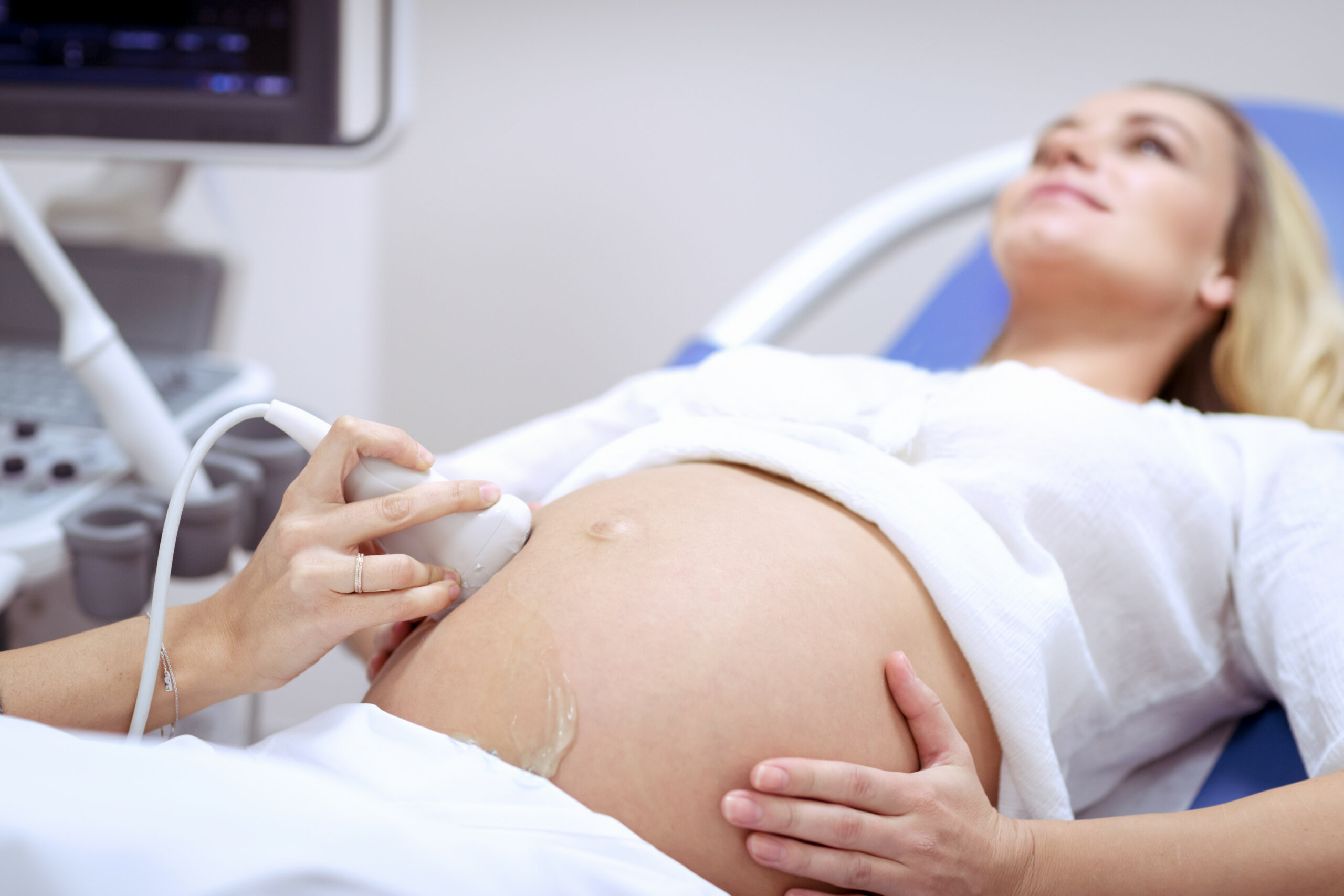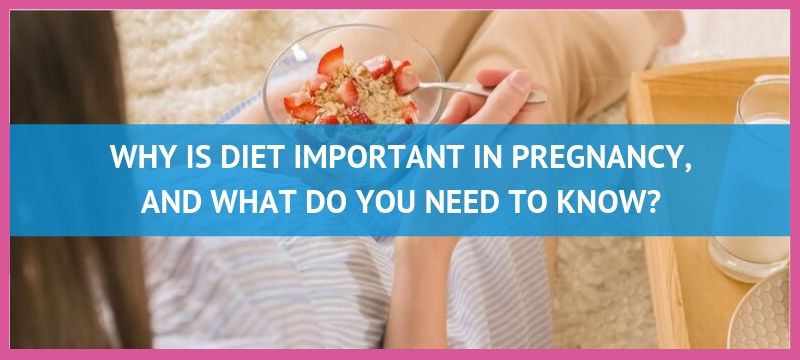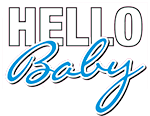If you find yourself reading this, then the chances are that you’re expecting a baby – congratulations! Whether you’re still in the early stages, or months into your pregnancy, knowing the types of foods you should be eating is important for yours and baby’s health – but we also understand it can be overwhelming to try and know everything you should be doing.
There are hundreds, even thousands, of websites out there offering help and advice on the do’s and don’ts of pregnancy and diet – but it’s important to remember that not everything you read will apply to you. So, where do you start?
At Hello Baby, we believe in giving expectant mothers like you the tools and guidance you need to take control of your health during this special time, and today we’re focusing on diet and nutrition.
1.Folic acid
A prenatal vitamin, folic acid should become a daily part of your diet during the early stages of pregnancy. There can be a lot of things to remember, but folic acid is certainly one thing that we advise you prioritise, as taking it in the early stages of pregnancy can help to prevent birth defects in your baby’s spinal cord and brain.
Folate supplements only need to be taken once a day, but the huge impact it has on the production of red blood cells and brain development is well worth the commitment.
You can also get folate through natural sources such as fortified cereals and dark green vegetables such as kale and citrus fruits.
2. “Eating for two”
When you’re pregnant, it’s natural to gain weight as part of the baby growing process. However, the myth that you need to “eat for two” is not quite true. Whilst it’s certainly important that you ensure you’re getting a balanced diet full of nutritional value, consuming large amounts of extra calories can lead to excess weight gain, which could in turn have some health complications for you during pregnancy.
If you’re unsure how many calories you should be consuming during pregnancy, we advise contacting your doctor who will be able to advise you on the appropriate intake based on your specific requirements.
Remember, every woman is different and factors such as height, weight and other pre-existing conditions can have a direct impact on what you should be doing.
3. Vitamins, minerals and fibre
Whilst it’s always an option to take approved vitamins and supplements during your pregnancy, it’s always best to get as many vitamins and minerals as you can through eating the right foods. When you’re pregnant, your baby will take a lot of the vital nutrients you consume, so it’s important you take extra care during this time to build ample stores of all that both you and your baby will need.
Simply eating a minimum portion of five fruit and veg a day can help massively. Not only will it aid your digestion and combat constipation, which is a common side effect of pregnancy, but it will also help to keep you feeling healthy and full.
4. Iron
Iron is a crucial mineral needed during pregnancy, and one that is easily depleted when carrying a baby. For this reason, it’s important to ensure you’re getting at least 27mg of iron each day. This may sound like a lot, but knowing what foods are high in iron can help you to make informed choices throughout the day.
Foods rich in iron include:
- Leafy greens such as spinach, kale, collard greens and swiss chard
- Meat and poultry (not including liver which shouldn’t be consumed during pregnancy)
- Dairy produce such as milk, yoghurt and hard cheeses
- Tofu
- Fortified foods
- Pulses such as beans, kidney beans, chickpeas, soybeans, black-eyed peas, black beans, peas, lima beans
- Nuts and seeds including pumpkin seeds, cashews, hemp seeds, pistachios, pine nuts, sunflower seeds
5. Protein
When it comes to supporting healthy cell growth, protein is essential during pregnancy. Protein helps make up the cells that can be found throughout every aspect of our body including tissue, muscles, hair, skin and fingernails, so it’s essential for the growth of your baby. Not only that, but with the physical changes going on in your body, protein plays a big part in helping support you too – so knowing which foods can help is pretty important.
Luckily, there are plenty of safe foods you can eat that are rich in protein, here are just a few:
- Beans and pulses
- Fish (oily fishes such as salmon, sardines and mackerel are particularly beneficial)
- Eggs (British red lion stamped eggs only)
- Lean meats (it is recommended that pregnant women avoid eating liver)
- Poultry
- Nuts
6. Dairy – calcium
Important for strong bones and teeth, as well as the growth of a healthy heart, muscles and nerves – calcium should be a key part of your diet during pregnancy. For you, calcium can help protect against hypertension and preeclampsia, and can help keep your body strong whilst you grow your baby – so it’s certainly worth picking out some of your favourite foods from the list below:
- Cheese (avoid soft cheeses such as feta and brie)
- Milk
- Fromage frais and yoghurt
- Soya drinks and yoghurts
- Orange juice
- Calcium-fortified cereals
- Dark, leafy greens
Who is Hello Baby?
Hello Baby specialises in 3D baby scans and 4D baby scans in the North West – but that’s not all we do. Our friendly team of professionals can offer reassurance and advice to expectant mothers. So, whether you’d like to book in for an early gender scan, or would just like a bit of guidance with an aspect of your pregnancy, why not give us a ring?


